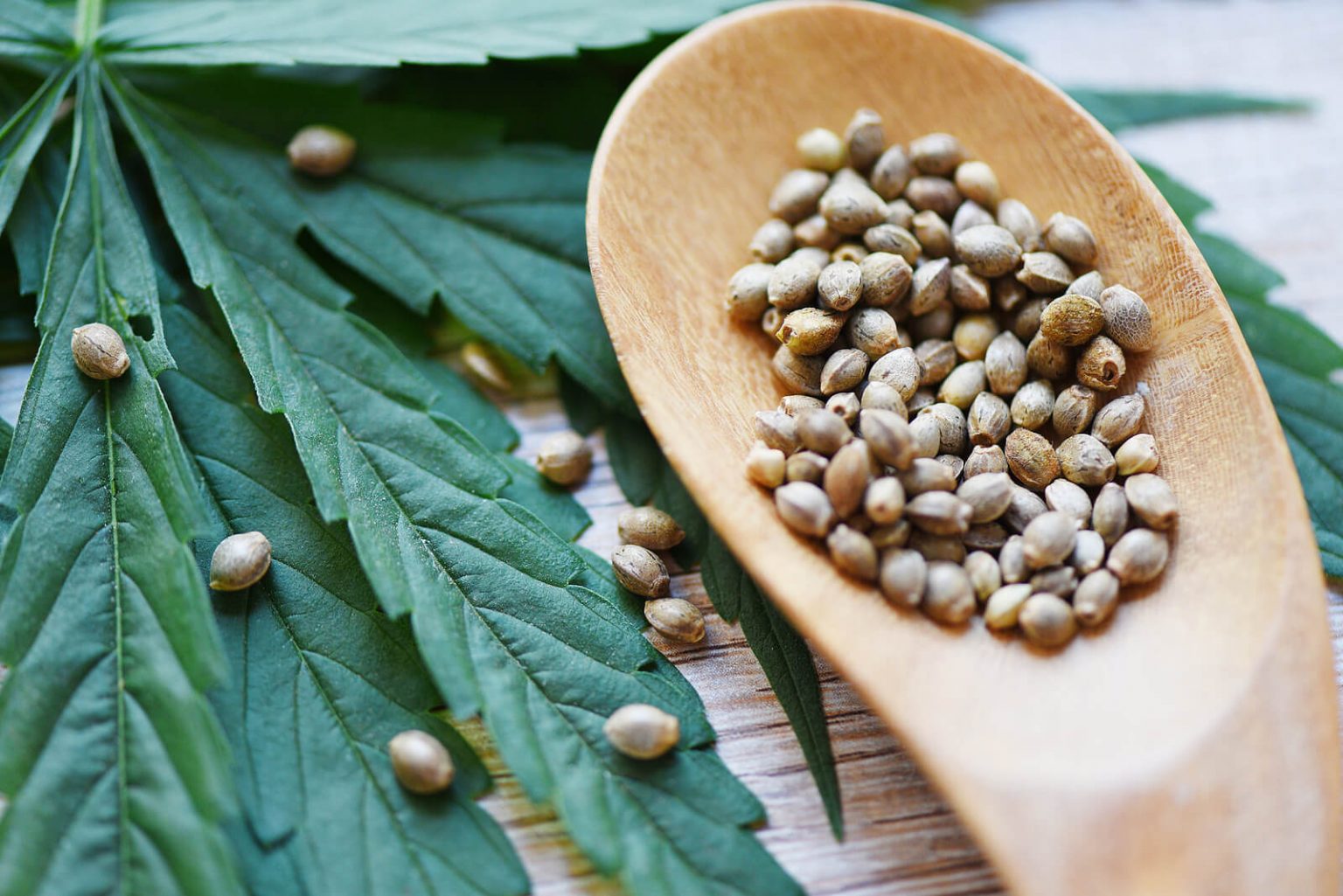In the latest several years, the worldwide point of view on hashish has shifted significantly, with several regions reconsidering their method to the plant and its derivatives. Though some places have embraced the medicinal and leisure probable of cannabis, other people go on to uphold strict laws around its order, possession, and cultivation, specially when it comes to cannabis seeds. hop over to this website aims to investigate the numerous landscape of hashish seed rules close to the earth, shedding light-weight on the complexities and nuances that govern this controversial plant.
The Worldwide Patchwork of Cannabis Rules
Being familiar with the rules surrounding cannabis seeds calls for navigating by way of a global patchwork of regulations and policies. In some regions, hashish is completely legalized, allowing for persons to freely buy, possess, and cultivate both equally the plant and its seeds. Nevertheless, in many other areas, cannabis continues to be hugely restricted or prohibited, making a demanding surroundings for enthusiasts and business owners alike.

North The united states: A Rising Eco-friendly Frontier
In North America, the landscape of hashish legal guidelines has undergone substantial modifications in the latest a long time. Canada, for occasion, legalized recreational cannabis in 2018, letting adults to invest in and have cannabis seeds for personalized cultivation. In the United States, the authorized position of hashish may differ at the state amount, with some states absolutely embracing legalization while other folks keep demanding prohibitions. The federal status of hashish as a Timetable I managed compound provides an added layer of complexity, impacting the interstate commerce of cannabis seeds.
Europe: Varied Strategies and Evolving Perspectives
Europe provides a numerous panorama of hashish restrictions. Nations like the Netherlands have lengthy been identified for their tolerant strategy, enabling the sale and cultivation of cannabis seeds for particular use. On the other hand, international locations like Germany and France have stricter restrictions, restricting the use and cultivation of cannabis, even for medicinal needs. The European Union carries on to grapple with harmonizing hashish policies across its member states, reflecting the ongoing evolution of perspectives on the plant.
Asia: Strict Insurance policies and Shifting Attitudes
In lots of Asian international locations, cannabis remains heavily regulated, with demanding penalties for possession and cultivation. Nonetheless, there are signs of shifting attitudes in some locations. Thailand, for illustration, has taken methods to hashish legalization, making it possible for the cultivation of hashish for medicinal and investigate uses. These shifts advise that the cannabis landscape in Asia may perhaps be bit by bit evolving, albeit with warning.
Oceania: From Strict Controls to Progressive Guidelines
Australia and New Zealand showcase a variety of cannabis laws. Australia has legalized medicinal hashish, but leisure use remains largely prohibited. In New Zealand, a 2020 referendum narrowly rejected the entire legalization of recreational hashish. However, each nations let the purchase and cultivation of cannabis seeds for medicinal reasons underneath specified disorders, reflecting a nuanced approach to hashish plan in the area.
South America: Embracing Change
South The united states has observed important strides in hashish legalization. Uruguay turned the first state in the globe to thoroughly legalize recreational hashish in 2013, making it possible for people to acquire and cultivate cannabis seeds for own use. Other international locations in the area, these types of as Argentina and Colombia, have also taken measures towards additional liberal cannabis insurance policies, recognizing the probable economic and wellness rewards linked with the plant.
Africa: Issues and Opportunity
In Africa, cannabis laws fluctuate extensively, with some international locations sustaining rigid prohibitions and other folks looking at a lot more progressive ways. Lesotho, for instance, has embraced hashish cultivation for medicinal and industrial functions. Meanwhile, South Africa’s Constitutional Court has decriminalized the private use and cultivation of cannabis, signaling a probable shift in attitudes toward the plant on the continent.
Conclusion: Navigating the Environmentally friendly Maze
The regulations and restrictions encompassing the buy, possession, and cultivation of cannabis seeds create a intricate and normally bewildering landscape. As attitudes in the direction of cannabis continue on to evolve globally, so much too will the guidelines governing its use. Navigating the eco-friendly maze of hashish rules calls for a nuanced comprehending of the legal framework in every single area, reflecting the fragile stability involving personal freedoms, public overall health considerations, and economic alternatives. As we shift forward, it is vital for policymakers, lovers, and business owners to engage in open and educated discussions to shape a more coherent and equitable solution to hashish regulation all over the world.
